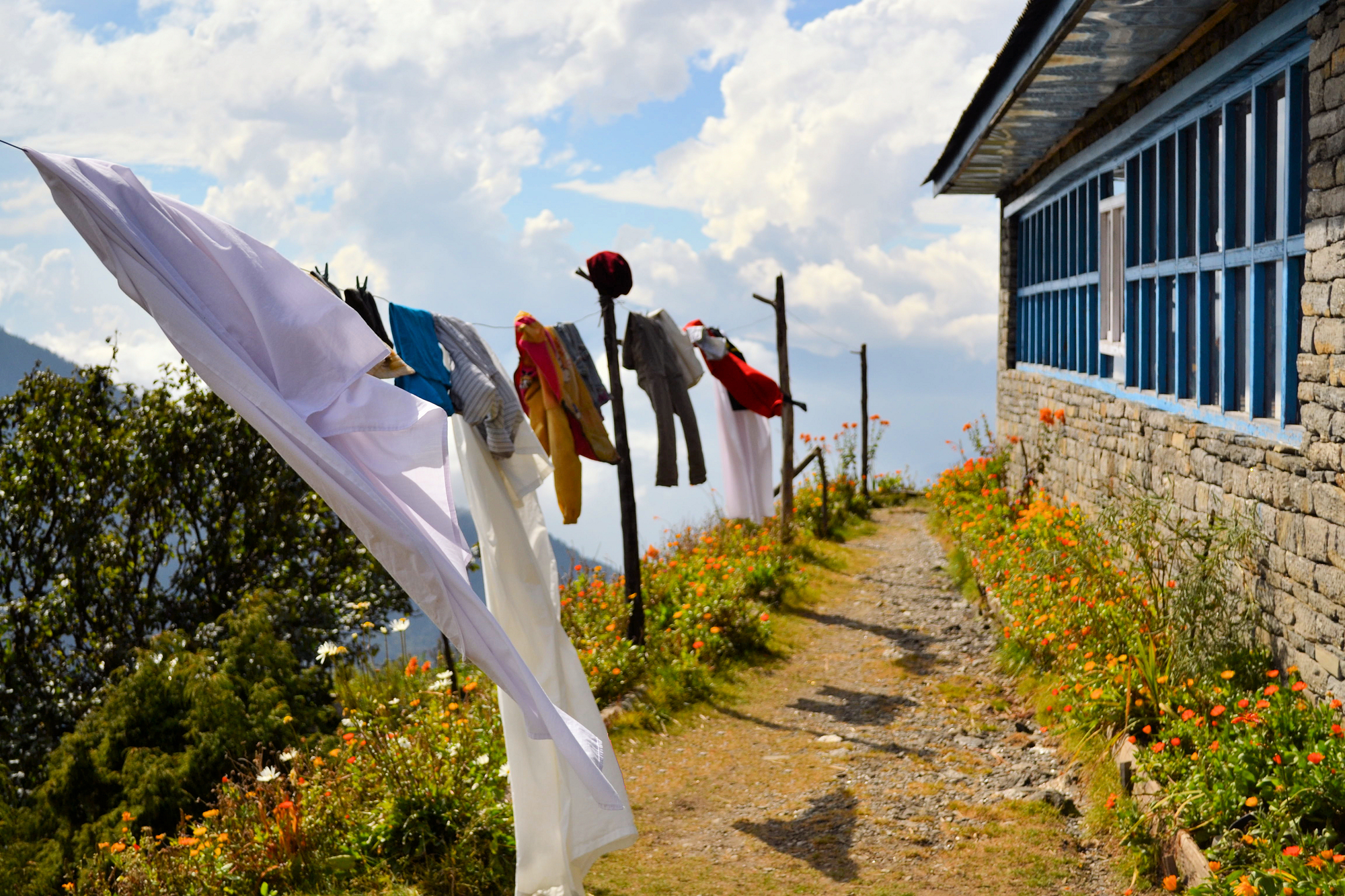If you live in Metro Atlanta, chances are, your home is part of a homeowner’s association – also known as an HOA. Homeowner’s Associations are the governing bodies of communities such as apartment complexes, condominium buildings, or gated neighborhoods. The HOA is funded by residents (through monthly, quarterly, or yearly dues) and operated by a local board of directors.
Homeowners associations are responsible for maintaining community spaces such as the neighborhood swimming pool, tennis or basketball courts, greenspaces and common areas, as well as the surrounding lighting and landscaping. They’re also tasked with upholding the community’s rules and collecting the HOA fees. But HOA board members cannot institute restrictions at will. There are a few things that HOAs cannot enforce on homeowners.
Violating the Fair Housing Act. Homeowners Associations cannot prevent someone from purchasing a house in the neighborhood, fine the homeowner, or evict them because of their race or ethnicity. To do so would be a violation of the Fair Housing Act. Part of the Civil Rights Act of 1968, the Fair Housing Act prohibits discrimination related to the rental, sale, or financing of housing based on race, religion, national origin, and gender. The federal law also protects families with children, pregnant women, and people with disabilities against discrimination.
Clothesline Restrictions. Some HOAs may try to set rules against clotheslines or outdoor clothes trees, saying that they’re unsightly, they block the view, or that they’re dangerous. Depending on where you live, this restriction may or may not fly. There are 19 states that have laws preventing the ban of clotheslines and protecting homeowner’s rights to “solar drying.” Georgia is not a right-to-dry state, meaning that an HOA may try to stop homeowners from hanging their laundry outside, especially if the clothesline or tree is in a shared space.
Satellite Dish Stipulations. An HOA may try to get a homeowner to remove the satellite dish from their house or relocate it to a spot that’s not so visible from the street. But this is a violation of the Federal Communication Commission’s (FCC) Over-the-Air Reception Devices Rule. This rule prohibits restrictions on the installation, use, or maintenance of satellite dishes used to receive video programming. This federal law protects both homeowners and renters.
Fines and Penalties Without Basis. If a homeowner violates an HOA rule or fails to pay their dues on time, they might face a fine or penalty. This is pretty common. But an HOA board cannot maliciously impose an HOA fine. It has to be based on the Homeowner Association’s rules and bylaws. If a homeowner feels as though they are being fined inappropriately, they should check the HOA Covenants, Conditions, and Restrictions (CC&R) to make sure that the fine is listed in the rulebook.
Prevent Participation. A homeowner has the right the participate in HOA meetings, even if they’re facing an HOA violation or fine. Attending the meetings can be a good opportunity to be heard or to rally the support of other members of the HOA. If a homeowner wants to challenge an HOA board, and the CC&R allows it, they should be allowed to request a hearing before the board. If the HOA denies this request, the homeowner or group of homeowners may want to take their challenge to a court of law.
Have Questions? Contact Brian M. Douglas & Associates’ Real Estate Team
If you, or someone you know, is facing a legal dispute related to a Homeowner’s Association, please contact the experienced real estate attorneys at Brian M. Douglas & Associates. We serve the entire Atlanta area. You can reach us by calling (770) 933-9009.



Very useful article. tells about the right and useful things. If you know these things, life definitely becomes easier.
So can a HOA fine you for something that’s not written in the bylaws or covenants?
Hi Debra! Give us a call to set up a consultation. (770)933-9009.
If a homeowner gets a late notice what can they do?
Hello Monique! Give us a call, 770-933-9009.
Tenants here are up to date on rent but home owners have not paid HOA fee’s on several homes so tenants bothered and kept from using common areas? Is there something we can do about it?
Hello LaTasha! Give us a call at 770-933-9009.